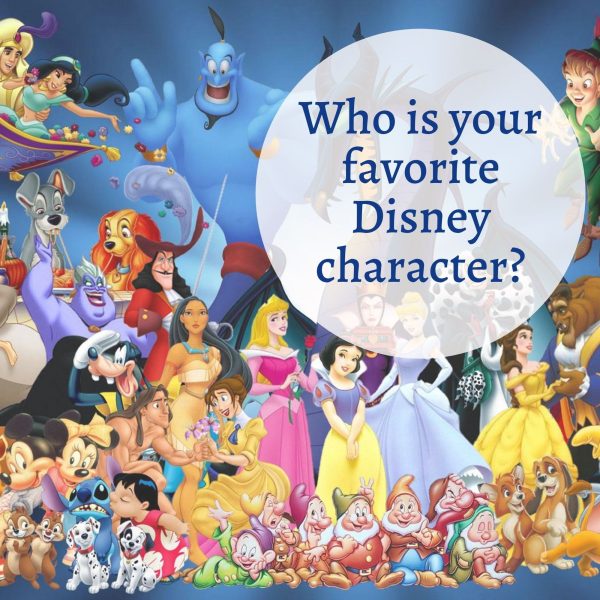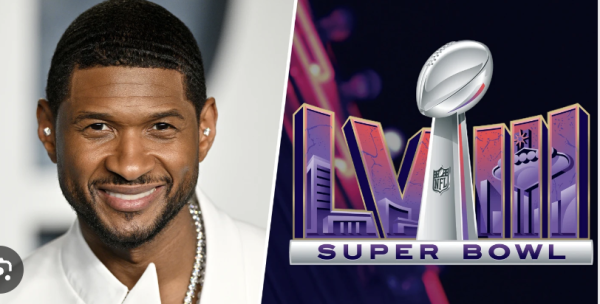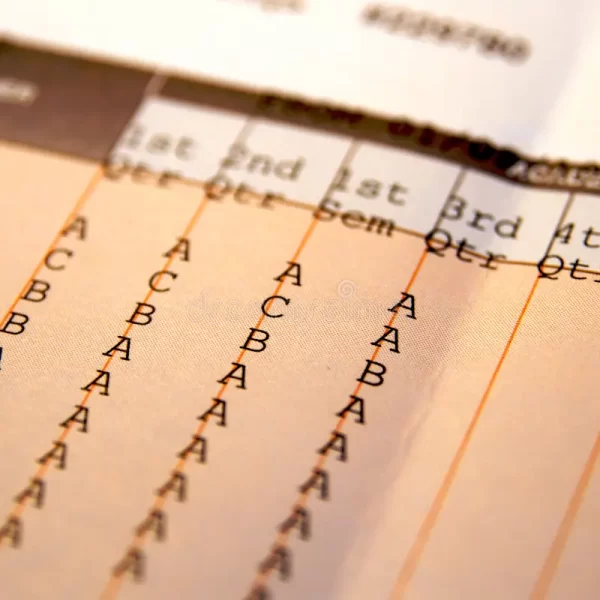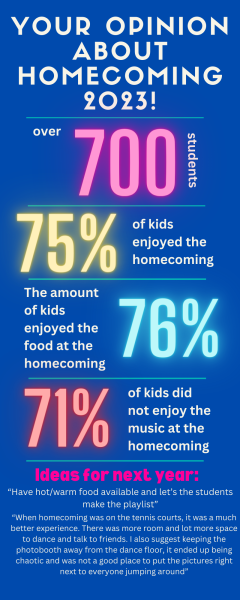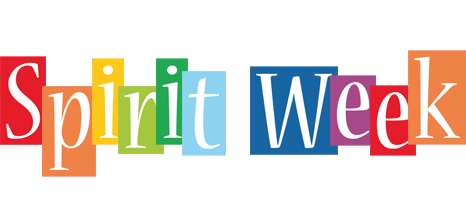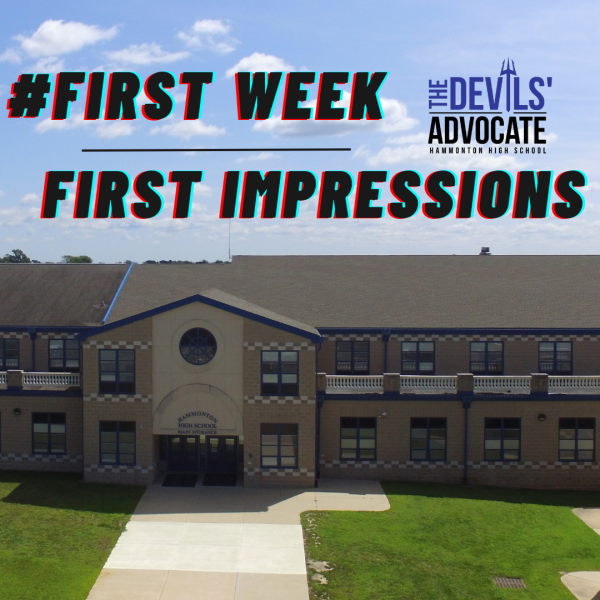The power of protesting: a reflection
Protesting is one of the most effective methods used to spread awareness and get people’s attention. Protest have a wide range of purposes, and its method is crucial in terms of whether or not it is effective.
There are many protest spread though the world. The most relevant protest in the United States is the current protest over the court’s ruling in the shooting in Ferguson, Missouri.
Violent in nature and resulting in the destruction of private property, robberies, shootings, violence and the death of some citizens, these protests have demanded the intervention of about 2200 members of the National Guard to safeguard the safety of the citizens.
The ruling of the jury didn’t have only violent reactions. In Philadelphia, a peaceful protest has invaded Downtown, and police didn’t stop them from protesting because of its peaceful nature.
Philadelphia’s protest serves as an example to others: that there are no negative consequences for protesters that peacefully assembly. It is important to remark that Philadelphia’s protest had received no consequences even if unauthorized.
Internationally, the power (or lack thereof) of protest has been ongoing for months in Hong Kong, where students have been calling for democracy. The call for democracy in Hong Kong has started to reach it’s final goal when the People’s Republic of China has accepted to begin talks to find an agreement. The call to protest there, referred to as “Occupy Central with Love and Peace,” was not shut down by the State although authorities were not pleased with it. The protest was unauthorized, and the occupants risked to be arrested for illegal occupation of public soil.
There are instances in history where protest held a great role in the creation of an idea, a perspective, or even a country. One of the most important and influential philosophers that influenced protest is is Gandhi. With his promotion of peaceful protesting, it has been the model for many who followed him. Gandhi has spread ideals as noncooperation, peaceful protesting and civil disobedience.
One of Gandhi’s most famous followers is Martin Luther King Jr. who has made of nonviolence one of his principles, and has guided though his protest for equal rights and promotion of racial equality.
Governments don’t support protests. It’s hard for the government to support protests when the rules criticized are regulations that the government has to enforce. A government is also obligated to maintain public safety, so it will allow protests only if not in violation of other citizens’ rights.
Protest can be little or not effective at all. The main purpose of a protest must be to raise awareness on a certain issue, so that more and more followers will support a change.
When protest happens, it’s hard to immediately gather attention or success. A protest’s success is based on the amount of accomplishments obtained though the years, so it’s uncommon for a protestor to be immediately recognized a successful.
Protesting is not an activity with immediate results. It requires a great amount of effort and time to pursue and accomplish something. What is protested might be able to bring awareness and cable of capturing the government’s approval.
Perhaps some day, years from now, students will read a history book that features a chapter on this decade and how these protests led to the changes that they accept as the “norm” in their world.



